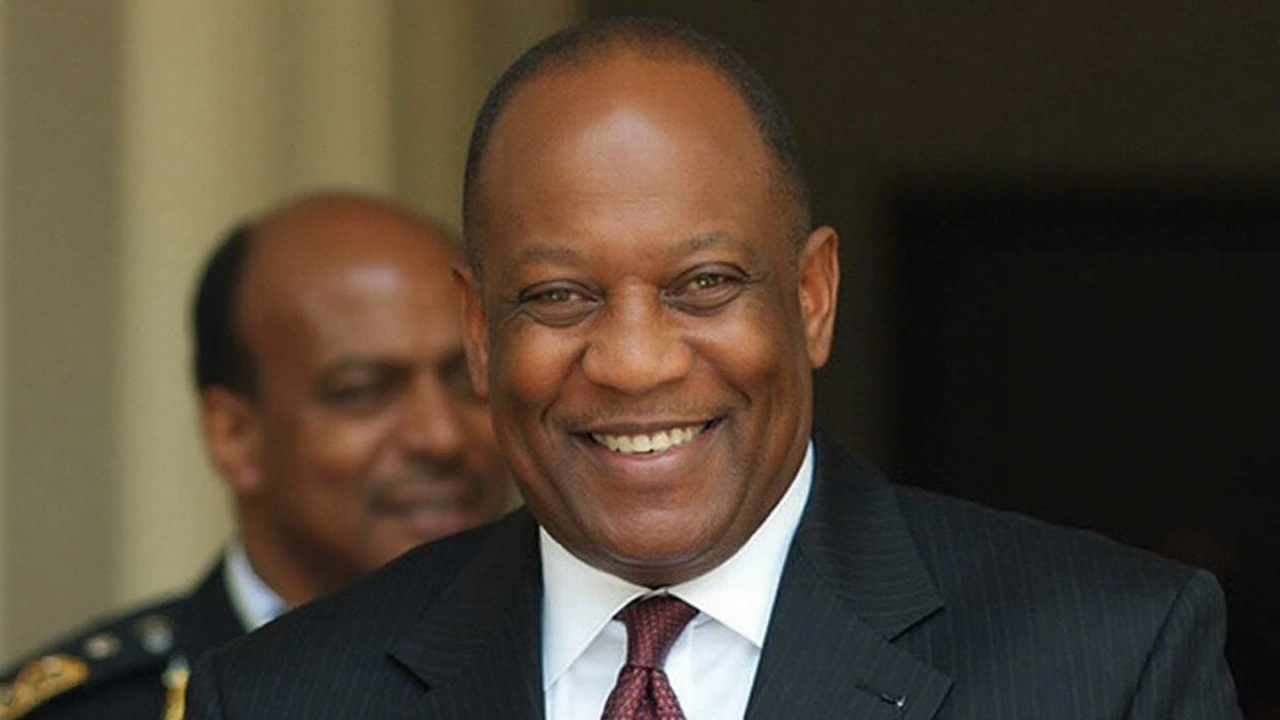Nepotism: What It Is and Why It Hits Africa Hard
Ever wonder why some leaders keep giving jobs to relatives? That’s nepotism – the practice of favoring family members or friends for positions, contracts, or perks. In Africa, it shows up in government, sports, media, and even small businesses. It can make things run smoother for the insiders, but for most people it means fewer chances, wasteful spending, and lost trust.
When a mayor hires his brother as a city planner, or a club owner slots his son into the starting line‑up despite lack of skill, the result is the same: talent gets sidelined, and money often goes to the wrong place. Over time, this erodes the quality of services, fuels corruption, and pushes voters away from the system.
Why nepotism matters for everyday readers
First, nepotism directly affects the quality of public services. A school built by a contractor who’s also a politician’s cousin might use cheaper materials, leading to unsafe classrooms. Second, it skews competition. Small firms that could offer better prices lose out because the decision‑maker already knows the owner’s family. Finally, it fuels resentment. When people see friends and family getting ahead without merit, they lose faith in institutions and may stop participating in elections or civic activities.
In sports, nepotism can distort careers. Think about a football club that signs a relative of the club president just because they share a last name. Fans watch the team struggle, sponsorship money drops, and the whole league feels the impact. The same goes for media – a radio host might get a prime slot because a relative runs the station, limiting fresh voices.
How to spot nepotism in the news
Spotting nepotism isn’t always obvious, but there are clues. Look for repeated names in leadership circles – a governor’s sister appearing on multiple procurement boards is a red flag. Check the timing: If a relative gets a promotion right after a new leader takes office, that’s suspicious. Also, compare qualifications. When a person with little experience lands a high‑profile role, ask why.
Our own coverage on Daily Africa Global News often highlights these patterns. For example, we reported on a local protest where residents demanded better services after a city official hired his nephew to manage water projects that consistently failed. We also covered how a football club’s sudden rise coincided with the president’s son being signed as a striker, despite his lack of professional stats.
Stay alert to stories that mention family connections, especially when they involve public funds or high‑visibility positions. Social media can amplify these issues, but official documents, tender listings, and press releases give the solid evidence you need.
Understanding nepotism helps you ask the right questions and demand accountability. Whether you’re a voter, a fan, or just curious about how things work, looking out for family favoritism can lead to cleaner, fairer outcomes across the continent.
Got a story about nepotism you think we should cover? Drop us a note. Together we can shine a light on the practices that matter most to Africa’s future.

Jacob Zuma nepotism row: Thuthukile’s rapid rise to chief of staff sparks probe
A 2014 appointment put Jacob Zuma’s presidency under a fresh nepotism spotlight. His 25-year-old daughter Thuthukile became chief of staff to Minister Siyabonga Cwele, in a post not publicly advertised and paid nearly R1 million a year. Critics questioned her experience and the process. Complaints went to the Public Protector, and the Public Service Commission reviewed the case. She resigned in December 2015.